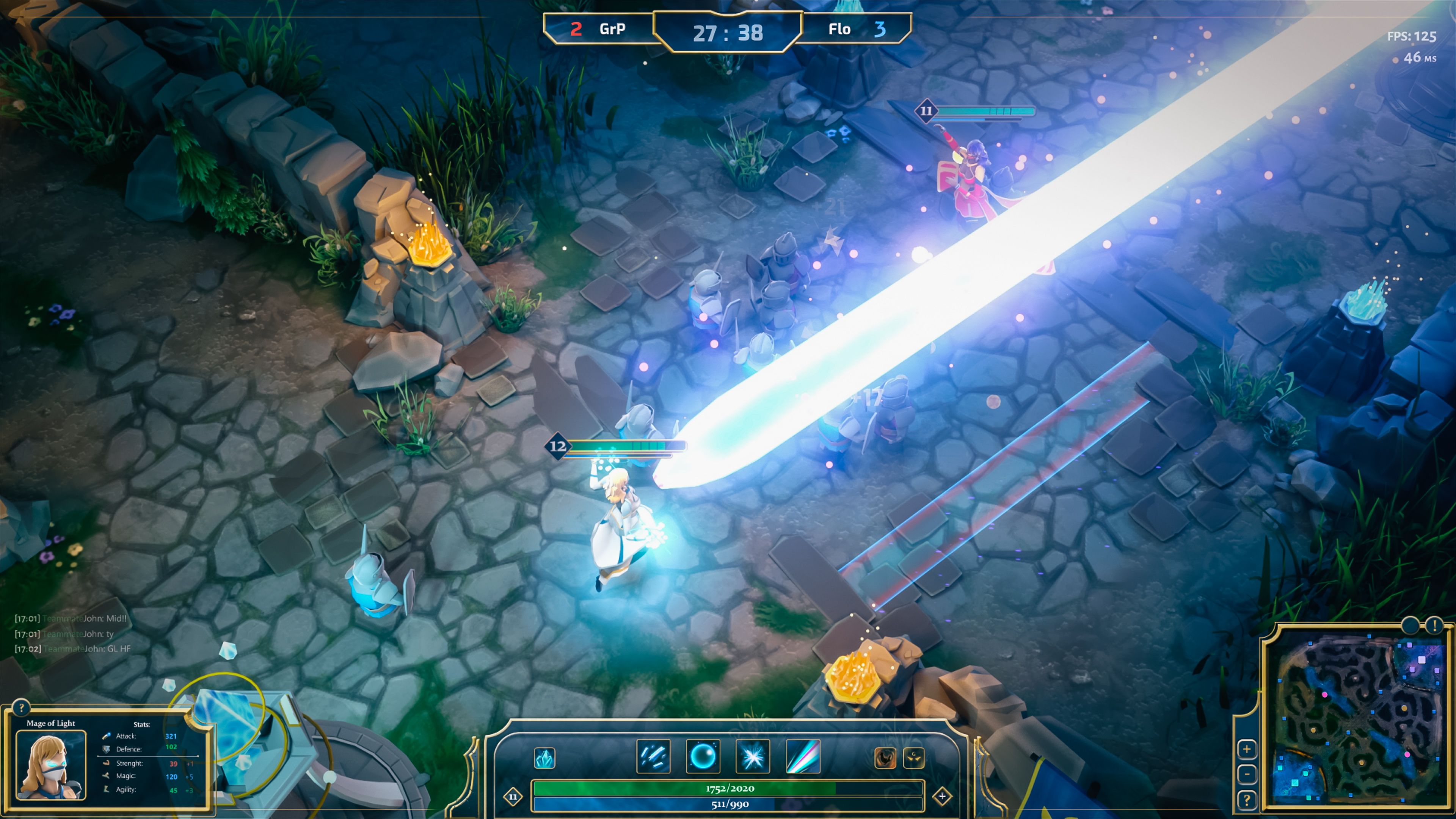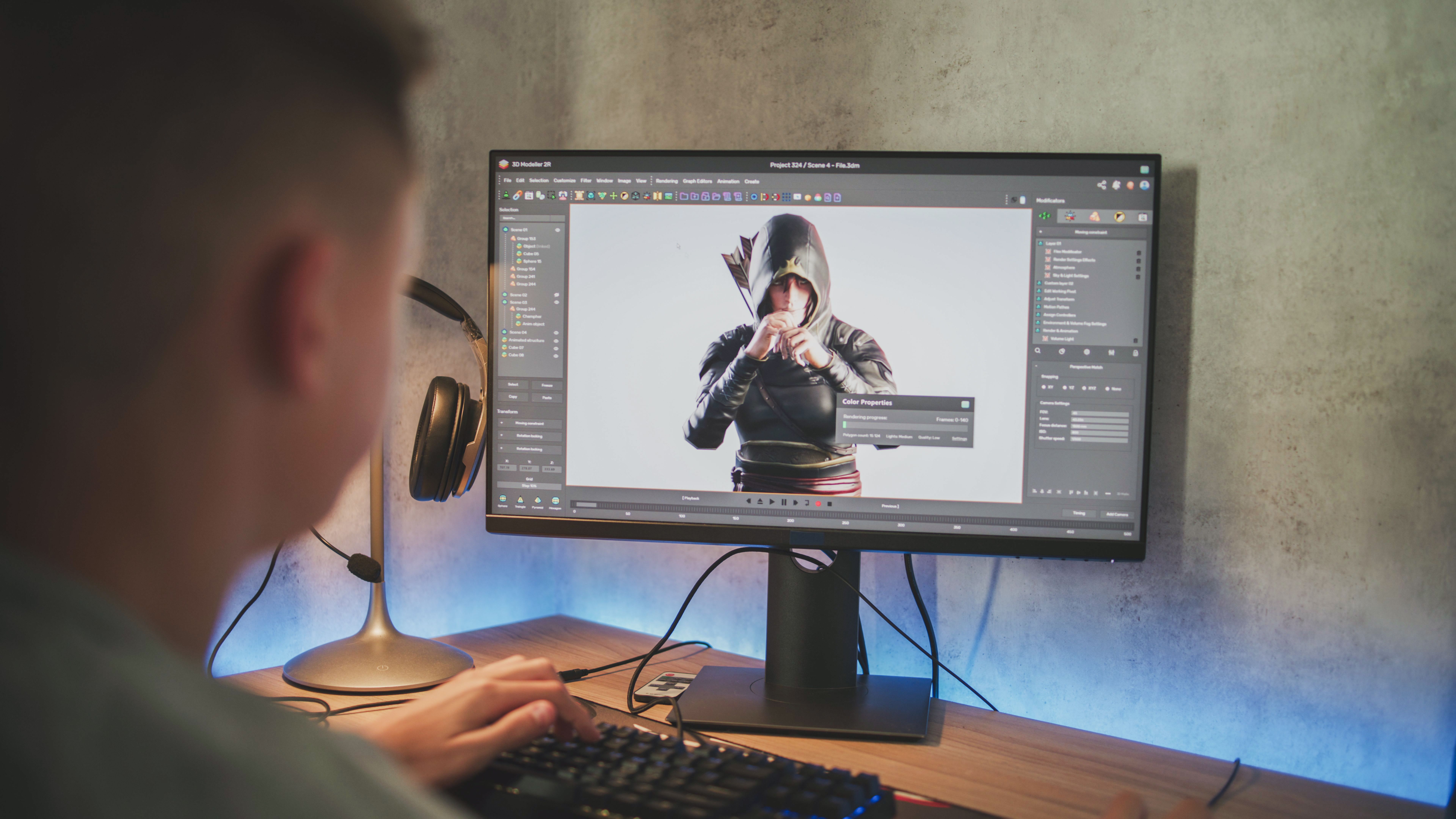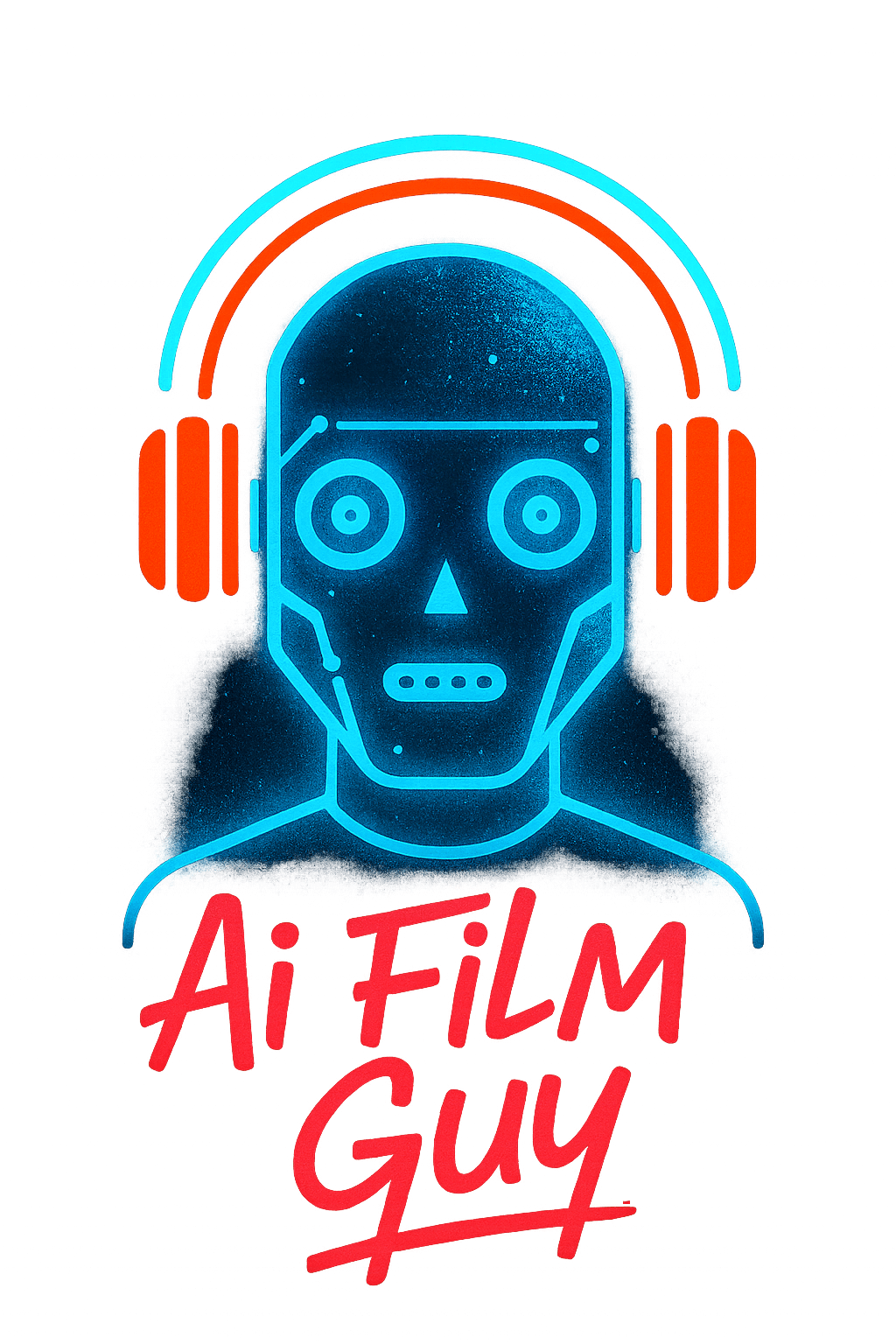AI's Impact on the Gaming Industry
JS
The Evolution of Gaming Through AI
Artificial Intelligence (AI) has become a cornerstone of the gaming industry, revolutionizing the way games are developed, played, and experienced. From enhancing the realism of virtual environments to creating adaptive and intelligent gameplay, AI is reshaping every facet of the gaming world. This evolution is not just a technological advancement but a transformative force that offers new opportunities and experiences for both developers and players.
In the early days, AI in gaming was primarily used to control non-playable characters (NPCs) with simple programming logic. However, as technology advanced, so did the complexity and capability of AI. Today, AI-driven NPCs can learn, adapt, and provide a more challenging and engaging experience for players. This progression has significantly contributed to the immersive quality of modern games.

Enhancing Player Experience
One of the most significant impacts of AI in gaming is its ability to tailor experiences to individual players. Through machine learning algorithms, games can now analyze player behavior and preferences to dynamically adjust difficulty levels, storylines, and even in-game events. This creates a personalized gaming experience that keeps players engaged and invested in the game world.
AI also plays a crucial role in creating realistic and lifelike environments. By simulating complex systems like weather patterns, crowd behavior, and realistic physics, AI enables developers to craft worlds that feel authentic and alive. This level of detail enhances immersion and offers players a richer, more believable experience.

AI in Game Development
AI is not just enhancing gameplay but also streamlining game development processes. Developers use AI tools to automate tedious tasks such as testing and bug fixing, which significantly reduces production time. AI algorithms can quickly identify issues within the game code, allowing developers to focus more on creativity and innovation.
Moreover, procedural content generation powered by AI allows for the creation of expansive game worlds without manual input for every detail. This means developers can generate vast landscapes, intricate dungeons, or detailed cities with little effort, offering players endless exploration possibilities.

The Rise of AI-Driven NPCs
NPCs have become smarter and more interactive thanks to AI advancements. Instead of following predictable patterns, modern NPCs can adapt their strategies based on player actions, making each encounter unique. This adaptability not only increases the challenge but also enhances replayability as players encounter different scenarios each time they play.
Additionally, AI-driven NPCs contribute to the narrative depth of a game. By using natural language processing (NLP), these characters can engage in meaningful conversations with players, offering dynamic dialogue options that affect the storyline. This interactive storytelling elevates the gaming experience to new heights.
Future Prospects of AI in Gaming
Looking forward, the potential for AI in gaming seems limitless. As AI technology continues to advance, we can expect even more sophisticated applications that will further blur the lines between reality and virtual worlds. With the integration of virtual reality (VR) and augmented reality (AR), AI-driven games will offer immersive experiences like never before.
The gaming industry stands on the brink of a new era where AI will unlock possibilities that were once confined to science fiction. As developers continue to push the boundaries of what's possible with AI, players can look forward to richer, more engaging, and personalized gaming experiences that will redefine entertainment.
